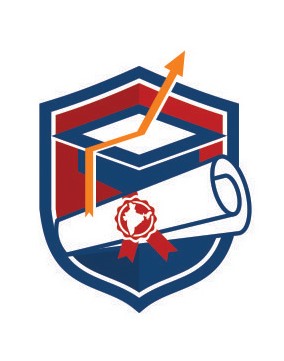Finland provides kids with a top-notch education. Finland has two different categories of higher education institutions: Foundation Universities and Public Corporations.

- 28

Finland provides kids with a top-notch education. Finland has two different categories of higher education institutions: Foundation Universities and Public Corporations. Military colleges or the National Defence University, which receives 64% of its government funding, regulate most universities.
First Cycle Programmes are available through universities and polytechnics. In Finland, a master's degree is required for most jobs. Most subjects of study, except medicine, provide a direct route to a master's degree.
It is possible to obtain a military education only at their academies. The Army, Navy, and Air Force are the three branches represented by these academies.
Universities and polytechnics offer systematised courses, programmes, and modules in a variety of languages. Officers are trained at the National Defence University. Basic, intermediate, and advanced studies are all at different study levels. According to national statutes, all these institutions and polytechnics plan their initial directions. The development of directives will be based on the evaluation outcomes.
An entrance exam and high school results determine admissions. Admission to some courses is determined through several variables, including education, work history, and practical experience. Additionally, there may be skill demonstrations, interviews, or exams that are material-based. After UG programmes, there is no separate admissions procedure.
Institutions of higher learning are collaborating on pertinent labour market research and putting initiative into degrees and studies. They also offer recruitment services for students who want to join training during or after their education.
International full-time students from non-European nations or Switzerland are required to pay tuition. However, foreign nationals with EU Blue Cards or permanent residency cards are exempt from paying tuition.
The cost of attending a university in Finland varies depending on the institution. For prestigious universities, the fees start at around €6,000 per year and go up to €18,000.

Finland provides kids with a top-notch education. Finland has two different categories of higher education institutions: Foundation Universities and Public Corporations.

Only those international students with a student visa or a student residence permit can study in Finland. The student residence permit is valid for over three months, typ

Finland provides numerous student discounts on a wide range of necessities. Whether they work part-time or not, international students must budget for living, accommodati

Finnish universities have more than 400 undergraduate and graduate programmes available. The two primary applications for the autumn semester's admission are for the




| S.No. | Universities | Country |
|---|
Here for you all day everyday!